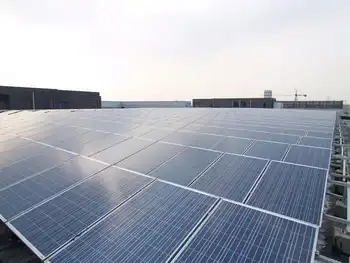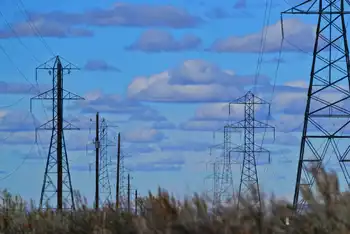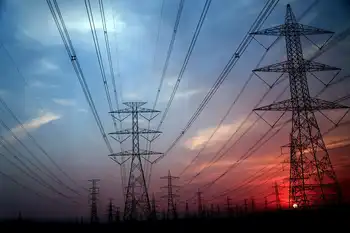Iowa Delegation Calls on EPA Administrator to Hold Public Hearing in Iowa
WASHINGTON - - The entire Iowa delegation today pressed the Environmental Protection Agency EPA to host a public hearing in Iowa on the proposed Renewable Fuel Standard RFS Renewable Volume Obligations RVOs. The EPA's long delay in issuing RVOs for 2014, 2015, and 2016, and its decision to deviate from the levels set by Congress has created uncertainty for the biofuels industry and stifled investment.
Iowa produced nearly 3.8 billion gallons of clean burning ethanol and 230 million gallons of biodiesel in 2013, but instead of recognizing the importance of Iowa's role as a renewable fuel leader, the EPA uses flawed justification to defend these proposed levels, especially related to ethanol. This hurts producers and consumers in Iowa , and all across the country.
"Unfortunately, despite having 18 months to listen to stakeholders and consider comments, the EPA's proposed RVOs fall short. Thus, we strongly encourage you to add a public hearing in Iowa that would enable EPA officials to hear from Iowans who work in and contribute to the biofuels industry," the Members of Congress wrote. " Iowa industry leaders, farmers, retailers and consumers are well positioned to provide valuable information and substantive feedback on how the proposed RVOs will negatively impact the agricultural and biofuels industries, consumer choice at the pump, and future investments in 2nd generation renewable fuels and infrastructure."
The Members of Congress hope the EPA will take this request seriously, as it should fully understand the implications of its rulemaking.
Related News

After Quakes, Puerto Rico's Electricity Is Back On For Most, But Uncertainty Remains
PUERTO RICO - Some in Puerto Rico are beginning to fear the ground will never stop shaking. The island has been pummeled by hundreds of earthquakes in recent weeks, including the recent 5.9 magnitude temblor, where there were reports of landslides in the town of Peñuelas along the southern coast, rattling residents already on edge from the massive 6.4 magnitude quake.
That was the largest to strike the island in more than a century causing hundreds of structures to crumble, forcing thousands from their homes and leaving millions without power. One person was killed and several others injured.
Utility says 99% of…




